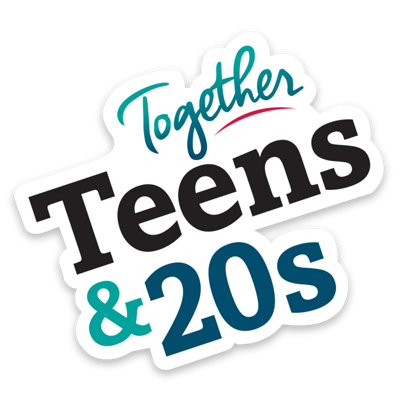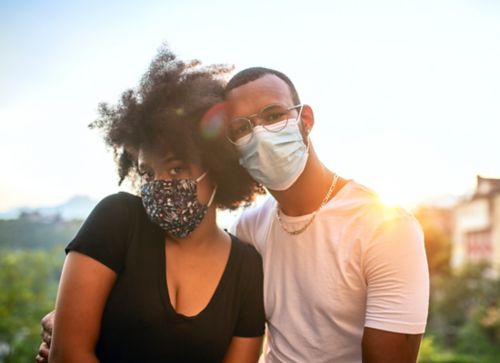Dating is a part of life, a milestone in most everyone’s journey to adulthood.
If you are already in a relationship, it can be a source of support during your treatment. It can be a distraction from what is going on – a bright spot in your life and a pleasant diversion. Your cancer diagnosis may bring about changes in your relationship. In some cases, it may grow stronger, or it may create challenges. If you are in a relationship that you aren’t feeling good about, you have the chance to change that.
If you are not currently in a relationship, you may feel discouraged about dating after a cancer diagnosis. That’s a normal reaction. Going out and being social may not be something you’re up to right now. You may be feeling tired, sick, or a little self-conscious.
But meeting new people and having the chance to socialize might be a chance to do something “normal” and be just want you need. Dating can help you develop social and emotional skills, independence, and a sense of what it means to be treated with respect.
Questions to ask yourself about dating
Here are some points to consider before dating:
- Do you want to date? Are you comfortable meeting new people right now?
- Think about why you want to date and what kind of relationship you are seeking.
- Think about how much information you want share about your diagnosis. Do you want to talk about your cancer experience at first? If not, when do you want to bring it up? Think about why you want to share information and what you hope will happen after you tell someone.
- Is your immune system up to you being out in public? Are there any concerns related to certain chemotherapy drugs? Do you have side effects that would influence dating?
- How will you handle it if things don’t go the way you had hoped they would?
- You may experience many changes in brain function during and cancer treatment that affect thinking, learning, processing information, and memory. How does this affect your attitude about dating?
- How will you meet possible dating partners?
Meeting people
Dating is a unique experience for each person. There are different ways to meet people. You might meet someone through your friends or going to a social event or activity. Many teens and young adults use dating apps. You should do what feels comfortable to you. When using a dating app, remember you have a right to privacy. You control what information you share.
Not sure if you are ready to date? Talk to someone on your care team such as a psychologist, child life specialist, social worker, or chaplain. A trusted family member or friend can be helpful, too.



